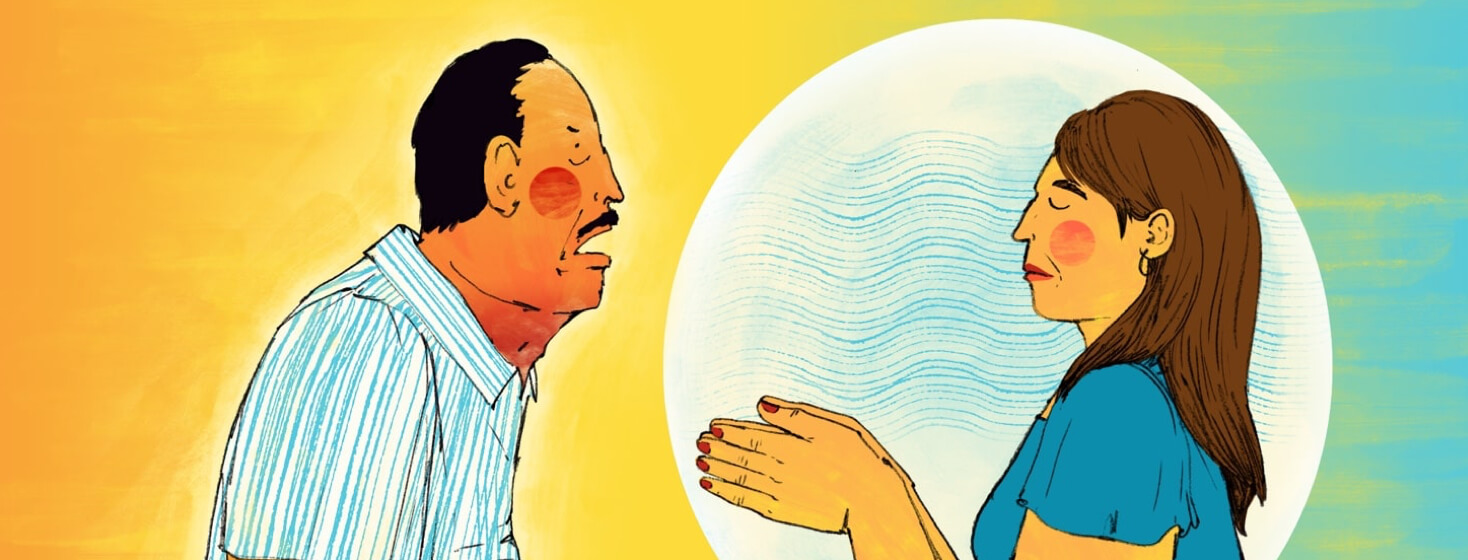Why I Choose Patience (Even When It's Hard)
“Wow, I wish I could fall asleep whenever I want to.”
“You get to take naps during work? You’re so lucky!”
“I can’t tell if I have narcolepsy or 2 kids. Same difference, TBH.”
Hearing these often makes me want to scream. How can I explain to someone that I don’t nap because “I feel like it” but because I need to? How can I teach those without a sleep disorder that it is an invisible illness, not an excuse?
3 steps for dealing with judgement
If you have dealt with feeling judged or misunderstood because of your sleep disorder, let me share the steps I take in these situations.
- Breathe
I have to remind myself that more often than not, people are not saying these remarks to intentionally hurt or offend me. Being an elementary school teacher for 3 years has definitely taught me patience. Young children don’t typically have the vocabulary to easily and clearly express themselves. This has reminded me that people without a sleep disorder often don’t have the vocabulary to express their sleepiness in the same way I do.
Often, I will start with a question like, “Have you ever pulled an all-nighter?” Anyone above the age of 18 has surely done this at least once in their life. (Except me. Yup, I am 26 years old and I have never been able to pull an all-nighter.) I then explain that the exhaustion that I live with on a daily basis is the equivalent of someone not sleeping for 48 to 72 hours at a time. “Imagine not sleeping for 2 nights and trying to live a ‘normal life.’ Waking up on time, getting to work on time, staying focused on simple tasks, just to name a few.”
There are so many websites, books, videos, and podcasts that discuss the life of those with sleep disorders. Narcolepsy Network, Project Sleep, and Wake Up Narcolepsy are always the first 3 resources that come to mind when educating people about narcolepsy. The more advocates who openly and publicly share their experiences mean that many more people will be educated about sleep disorders.
Using my experiences to educate others
Being a person with narcolepsy may not always be easy, but it definitely does not make us powerless. I enjoy using my diagnosis to educate my friends and family about the importance of sleep.
If it weren’t for this diagnosis, I would not be as insightful about sleep health, other sleep disorders, and other invisible illnesses.
What do you do when people say things that make you want to scream? Do you have any tips for others on how to deal with these situations? Share with us in the comments below!

Join the conversation